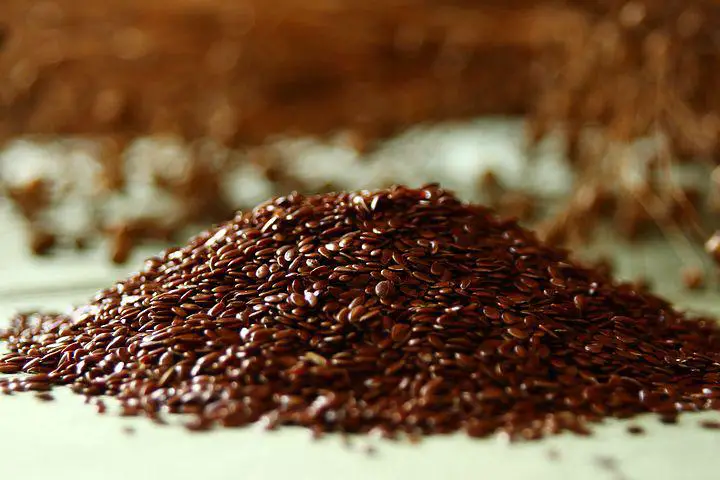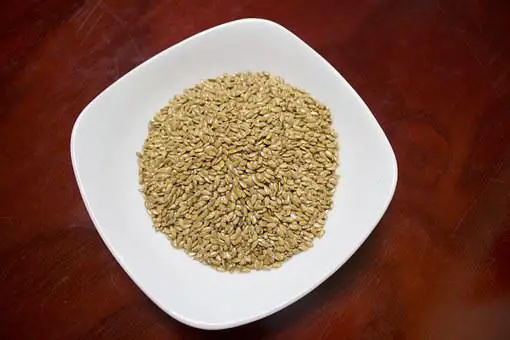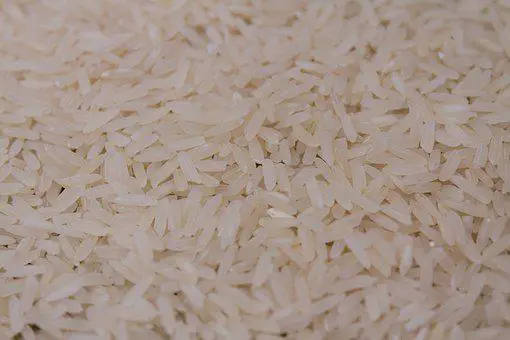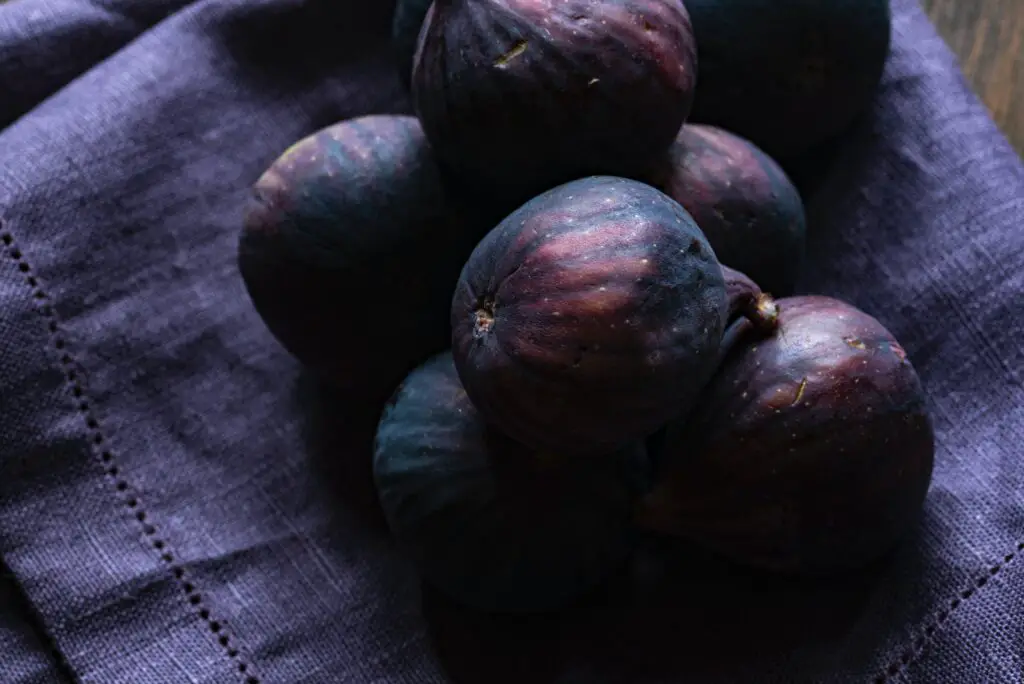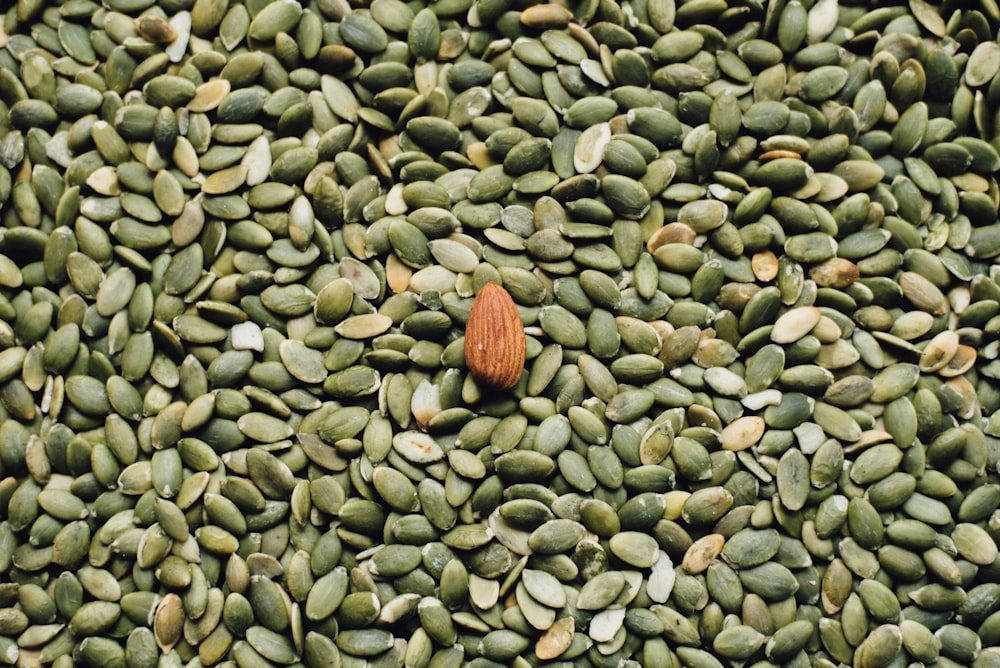If you are following the low FODMAP diet, you may be wondering if jalapenos are a safe food to eat. Let’s take a closer look at this spicy pepper and find out if it is low in FODMAP.
Are Jalapenos Low FODMAP?
The answer is both yes and no. Jalapenos are low in FODMAP in small amounts but are high in FODMAPs when consumed in larger quantities.
The main active ingredient in jalapenos is capsaicin, which gives them their characteristic heat. Capsaicin is not a FODMAP, so it is safe for people following the low FODMAP diet.
What Is Jalapenos?
Jalapenos are a type of chili pepper that originates from Mexico. They are commonly used in Mexican and Tex-Mex cuisine, and can also be found in many other dishes from around the world.

Benefits Of Jalapenos
There are many benefits to adding jalapenos to your diet, including:
1. Low In Calories And Fat
Jalapenos are a low-calorie food, with just 25 calories per pepper. They are also low in fat, with less than one gram of fat per pepper.
2. Good Source Of Vitamins A, C, And E
They are a good source of vitamins A, C, and E. Vitamin A is important for vision and immune function, while vitamin C is an important antioxidant. Vitamin E is a nutrient that helps to protect cells from damage.
3. Contain Antioxidants
Jalapenos contain antioxidants that can help protect the body from damage. Antioxidants are substances that scavenge harmful toxins known as free radicals. Free radicals can cause cell damage, leading to a host of health problems.
4. Boost Metabolism
They can help to boost metabolism and burn fat. Capsaicin, the compound that gives jalapenos their heat, has been shown to increase metabolism. One study found that people who consumed capsaicin burned more calories than those who did not.
5. Reduce Inflammation
Jalapenos are a natural anti-inflammatory food.
6. Good Source Of Fiber
They contain a good source of fiber, with two grams of fiber per pepper. Fiber is important for gut health and can help to reduce constipation and promote regularity. Also, it is the best gluten-free option.
7. Jalapenos Can Help To Improve Digestion.
Help to improve digestion is another health benefit of jalapenos.
8. Blood Sugar Levels.
Jalapenos also help to lower blood pressure.
How To Eat Jalapenos?
When consuming jalapenos, it is important to be aware of their high FODMAP content. Jalapenos are best enjoyed in small amounts or as part of a dish where they are diluted with other ingredients.
Jalapenos can be enjoyed fresh, pickled, or cooked. They can be added to salads, soups, stews, sauces, salsas, and more.
How To Prepare Jalapenos With Low FODMAP?
If you are looking for a low FODMAP recipe that features jalapenos, be sure to check out this recipe for Low FODMAP Salsa. This salsa is perfect for dipping, spreading on sandwiches and burgers, or using it as a salad dressing.
This Low FODMAP Salsa is made with fresh tomatoes, onions, cilantro, lime juice, and jalapenos. The recipe includes instructions on how to remove the seeds from the jalapenos, so you can be sure that they will be low in FODMAPs.
Ingredients
- Tomatoes
- Onions
- Cilantro
- Lime juice
- Jalapenos
Instructions
To make this Low FODMAP Salsa, start by removing the seeds from the jalapenos. Then, add all of the ingredients to a blender or food processor and blend until smooth. Serve immediately or store in the fridge for later.
Where Are Jalapenos Found?
Jalapenos found in the supermarket are typically low in FODMAPs. However, it is always best to check the label to be sure.
If you are dining out, be sure to ask your server about the ingredients in your dish. Many restaurants use pickled jalapenos, which are high in FODMAPs.
When In Doubt, Leave It Out
If you are unsure about whether or not a food is safe for the low FODMAP diet, it is always best to err on the side of caution and avoid it. There are plenty of other delicious foods to enjoy, so you don’t need to take any chances.
What Is The Nutrition Information For Jalapenos With Low FODMAP?
The nutrition information for jalapenos with low FODMAP is as follows:
- Calories: 28
- Fat: 0.36g
- Sodium: 36mg
- Carbohydrates: 0.82g
- Fiber: 0.49g
- Protein: 0.25g
Jalapenos are a healthy addition to any diet. They are low in calories and fat and are a good source of vitamins, antioxidants, and fiber. When eaten in moderation, jalapenos can be a part of a healthy, balanced diet and it is a similar taste to figs.
Can You Eat Jalapenos On Low FODMAP Diet?
Yes, you can eat jalapenos on the low FODMAP diet. However, it is important to be aware of their high FODMAP content. Jalapenos are best enjoyed in small amounts or as part of a dish where they are diluted with other ingredients. If you are cooking with jalapenos, be sure to remove the seeds and inner flesh before adding them to your dish. This will help to reduce their FODMAP content and can also eat in lunch.
How Do I Store Jalapenos?
Jalapenos can be stored in the fridge for up to two weeks. If you are not going to use them right away, you can also freeze them. Just be sure to store them in an airtight container so they don’t dry out.
How Do I Know If Jalapenos Are Fresh?
When buying jalapenos, look for ones that are bright green and have smooth, shiny skin. Avoid jalapenos that are dull in color or have wrinkled skin.
Do Jalapenos Go Bad?
Jalapenos will eventually go bad, but they can last for up to two weeks if stored properly. If you notice that your jalapenos are starting to shrivel or turn brown, they are no longer fresh and should be discarded.
Jalapenos are a delicious and versatile ingredient that can be used in many different dishes. When buying jalapenos, look for ones that are bright green and have smooth, shiny skin. Avoid jalapenos that are dull in color or have wrinkled skin.

What Is The Taste And Texture Of Jalapenos Low FODMAP?
Jalapenos have a fiery, spicy flavor that can range from mild to hot, depending on their level of ripeness. They also have a crunchy texture that is perfect for adding a bit of zest to your dish.
Conclusion
The conclusion is that jalapenos are low in FODMAPs. However, it is always best to check the label to be sure. If you are dining out, be sure to ask your server about the ingredients in your dish.










